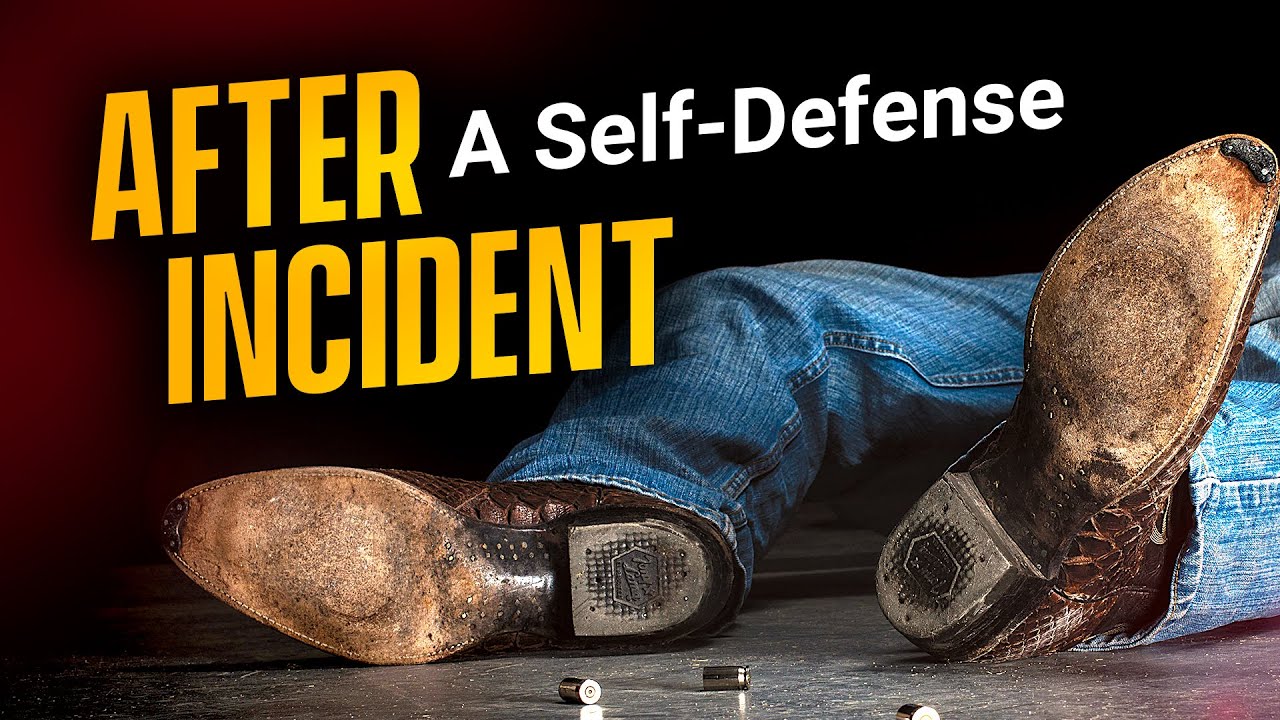Tennessee’s “Stand Your Ground” law is enshrined in the state’s criminal code, Tennessee Code Annotated (TCA) § 39-11-624, and outlines the legal justification for using deadly force in self-defense. The term “stand your ground” refers to the principle that a person has no duty to retreat before using deadly force in self-defense.

According to TCA § 39-11-624, a person is justified in using deadly force in self-defense only if they reasonably believe that they or another person is in imminent danger of being killed or suffering great bodily harm, and that deadly force is necessary to prevent that harm. The statute also states that a person acting in self-defense does not have to retreat from a place where they have a right to be, such as their home or place of business.

However, there are several significant limitations to the “Stand Your Ground” law in Tennessee. For example, the law does not apply if the person using deadly force was the initial aggressor or was committing a felony at the time of the incident. Additionally, the law does not protect someone who uses deadly force against a law enforcement officer acting in the line of duty.

It is important to note that the “Stand Your Ground” law is a complex legal issue, and its application can vary depending on the specific circumstances of a case. If you are ever involved in a situation where you believe you acted in self-defense, it is crucial to consult with an attorney to fully understand your legal rights and options.
Here are some additional key points regarding the “Stand Your Ground” law in Tennessee:
- The law applies to both adults and minors. For minors, the law requires that the use of deadly force is reasonable and necessary to prevent death or serious bodily injury to themselves or others.
- The law does not create a presumption of self-defense. The burden of proof lies with the person claiming self-defense to demonstrate that the use of deadly force was justified.
- The law does not provide immunity from prosecution. A person who uses deadly force in self-defense may still be charged with a crime, but they may be able to assert the defense of self-defense at trial.
- The law does not apply to cases involving the use of deadly force by a peace officer.
For more information about the “Stand Your Ground” law in Tennessee, you can refer to the Tennessee Code Annotated (TCA) § 39-11-624 or consult with an experienced criminal defense attorney.






